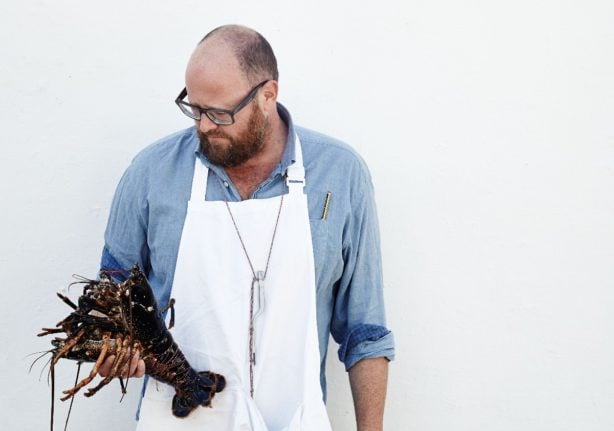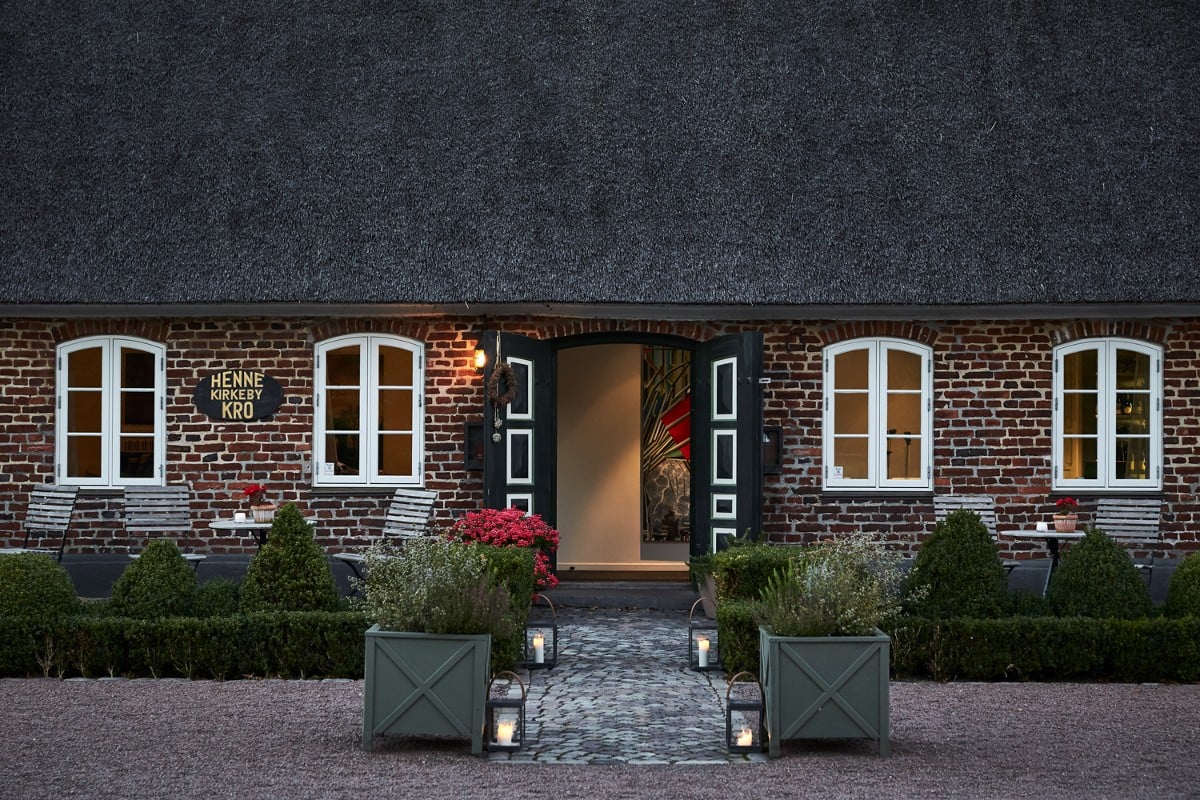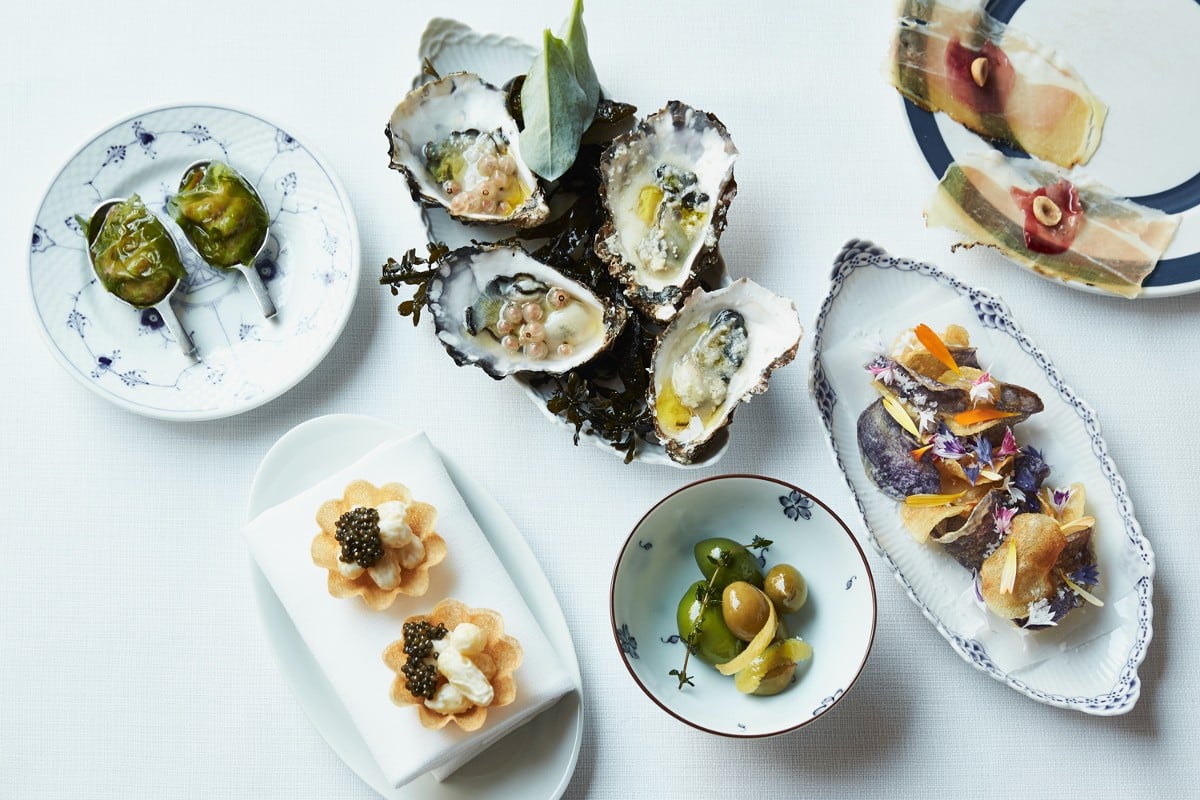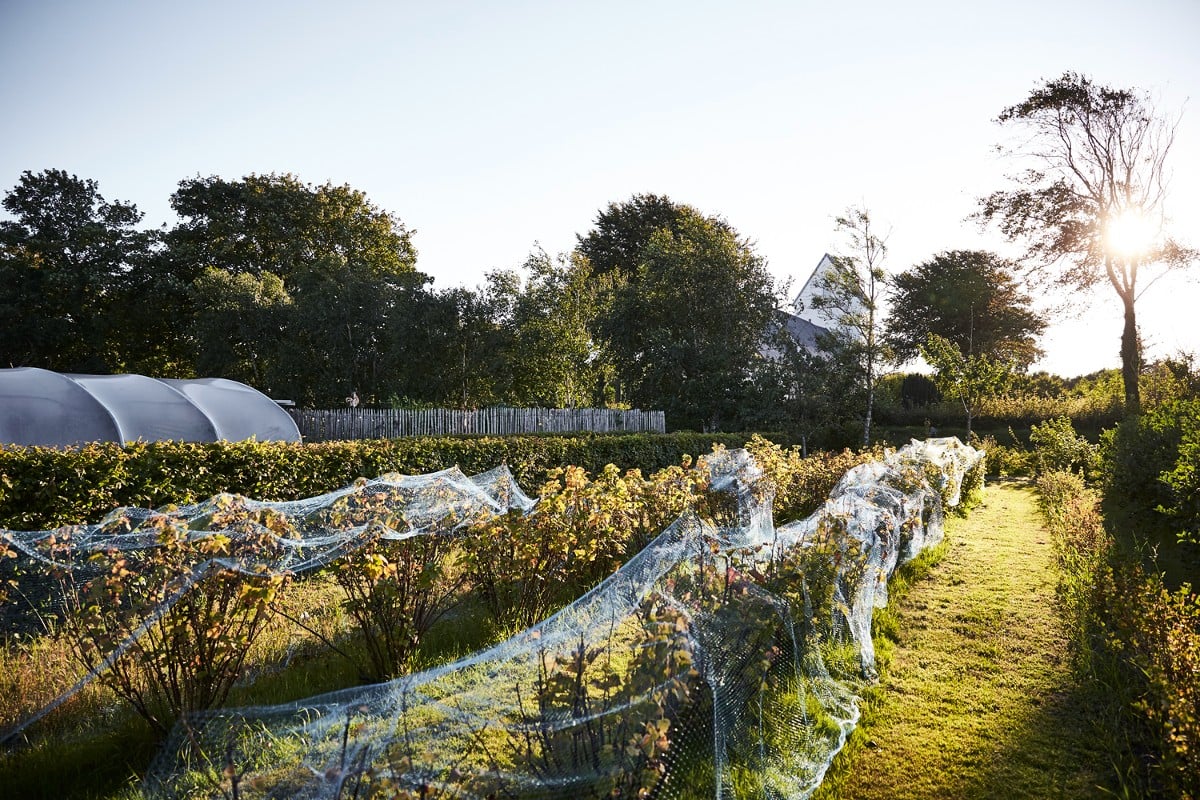In the coalition policy platform “Responsibility for Denmark“, the Social Democrats, Liberal (Venstre) and Moderate Parties agreed on three separate measures to make it easier for Danish companies to import skilled foreign labour:
- making permanent the three-year agreement signed last year on easier international recruitment;
- bringing in a new scheme through which so-called ‘certified companies’ can bring in lower wage labour;
- providing extra funds to Agency for International Recruitment and Integration (SIRI) to speed up the processing of work permit cases.
The agreement on strengthened international recruitment
The Social Democrats struck an agreement with seven other political parties in June last year to temporarily loosen work permit requirements to “remedy the shortage of labour” and “support the Danish economy during the current
economic situation”.
The scheme, which is is expected to be implemented later this year, will allow Danish companies to recruit up to 15,000 highly skilled workers internationally who can be paid as little as 375,000 Danish kronor annually over a period of three years.
This salary threshold is much lower than for current international recruits, for whom the minimum salary threshold from January 1st this year is a hefty 465,000 Danish kronor.
According to the agreement, the lower threshold will be automatically adjusted each year to keep pace with rising salaries. Under the deal, the scheme will only remain active so long as seasonally adjusted gross unemployment is below 3.75 per cent.
Residence and work permits obtained under the scheme have a duration of up to five years, but are conditional on the holder not receiving benefits under the Active Social Policy Act or the Integration Act, and also not committing any crimes serious enough to merit deportation. (If they do, then their residence permit ceases to be valid).
Under the government deal, the idea is that this agreement will now be made permanent.
READ ALSO:
- How could Denmark’s new government change life for foreigners?
- What are the main policies of the new Danish government?
Bringing in a new scheme for ‘certified companies’
On top of the scheme agreed last year, the government plans to launch another scheme for companies which are certified by the Agency for International Recruitment and Integration (SIRI) to hire foreign workers under Denmark’s fast-track scheme.
Under the scheme, the companies (see list here) will be given an annual quota for an as yet undecided number of international employees who can be recruited “with a lower salary threshold”. This scheme will be reevaluated after two years.
Providing extra funds to speed up the processing of work permit cases
The government agreement did not detail how much extra funding would go to the Agency for International Recruitment and Integration to speed up the processing of work permit cases and renewals.
The parties agreed that funds would be allocated in the next budget (likely to be announced in August), which means anyone hoping for faster processing of their permit will probably have to wait until next year.







 Please whitelist us to continue reading.
Please whitelist us to continue reading.
Member comments